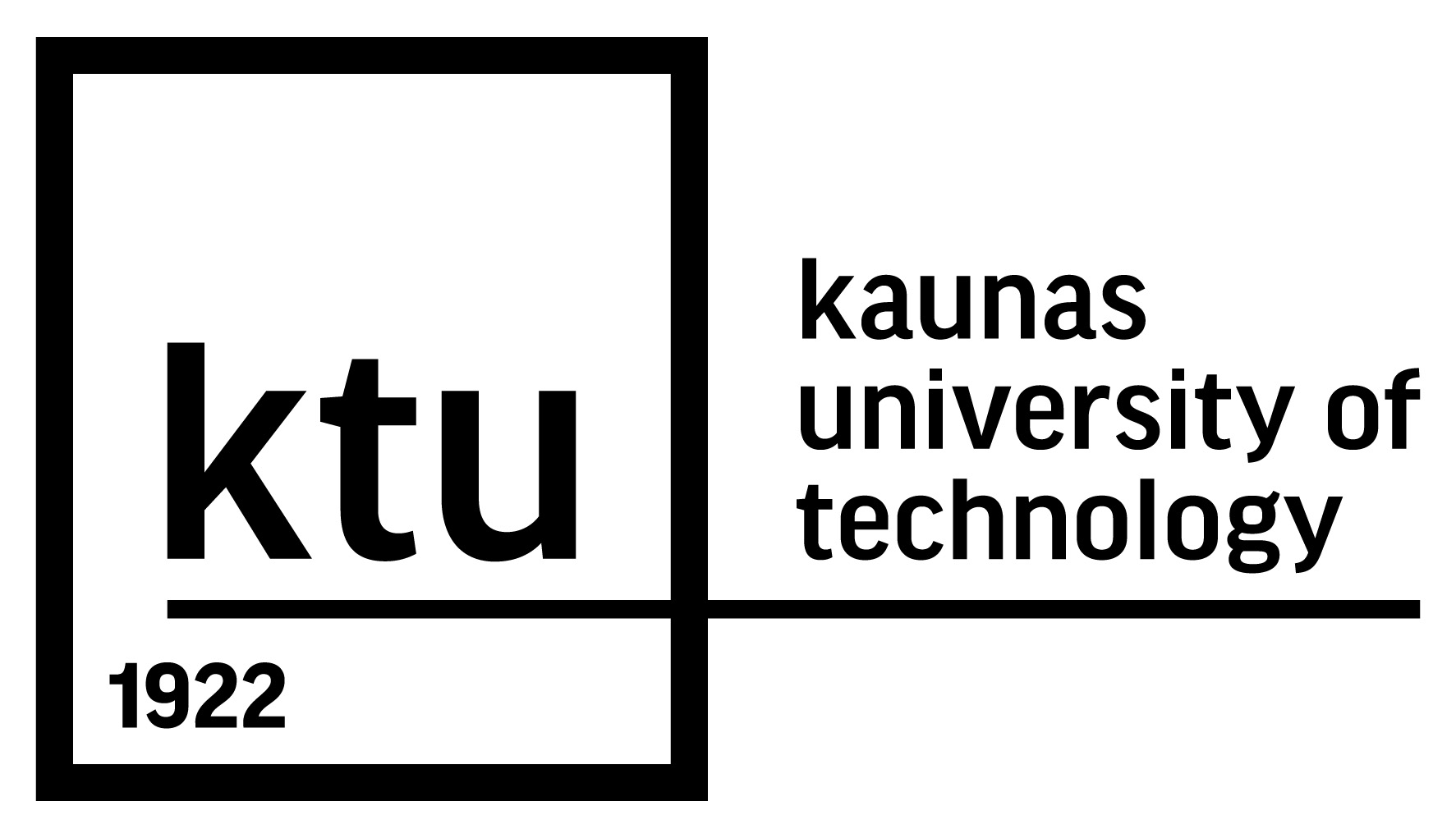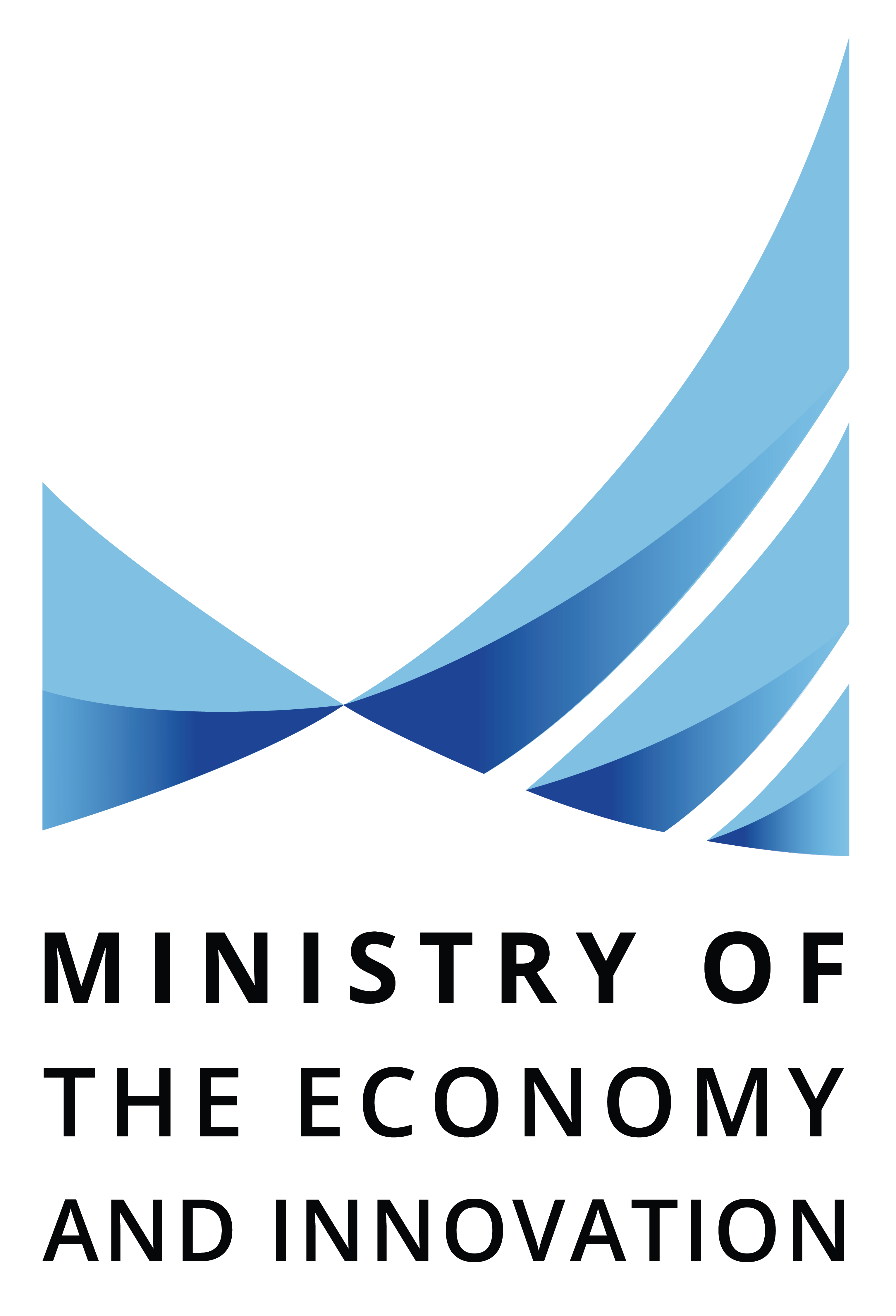12-14 June
Vilnius, Lithuania
 |
The Baltic Association of Science/Technology Parks and Innovation Centres (BASTIC) was created in 1996. The main goal is to bring together the corresponding institutions in the Baltic Sea States, primarily from the Republics of Estonia, Latvia and Lithuania. BASTIC accepts the principles and goals of the Constitution and Rules of the International Association of Science Parks (IASP) as well as these of the Statutes of the IASP European Section. In addition to the above reffered general goals of the world-wide and European organisations, BASTIC will carry out joint regional activities as well as joint approaches to the international bodies such as UNO,EU, OECD, IASP, ICECE, ect. |
| |
Kaunas Science and Technology Park helps start-ups and already growing tech companies to increase transnational competitiveness, consults companies on business development issues, provides innovation support services, develops innovation community and fosters innovation culture in Kaunas region. As a member of Integrated Science, Studies and Business Centre (Valley) “Santaka” Kaunas STP stimulates science and business collaboration. At present it hosts more than 100 companies operating in the fields of IT, engineering, health technologies, social innovation, future energy, and sustainable chemistry. More than 100 professionals from Kaunas STP ICT cluster “Digital Rocket LT” are providing cutting-edge ICT services for local and international customers. |
 |
Kaunas University of Technology (KTU) is the largest technological University in the Baltic States. The University takes its roots in 1920, since that outstanding date nearly 100 000 graduates. The University shares the best traditions of classical Universities, offering almost all fields of technological studies and research. The Social and Physical Sciences are being particularly emphasized at the University, as a modern University graduate is expected to bear much more beyond the knowledge of his profession. Meanwhile the studies and research in the fields of Humanities and Biomedicine, as well as in the interdisciplinary fields, have recently been very successfully launched. New study programmes in Mechatronics, Sport Engineering, Musical Engineering, and Biomedical Engineering appeared to be very popular among the students. KTU is well-known in the world for it‘s research achievements in the fields of Ultrasound, Organic Chemistry, Environmental Protection, Mechatronics, System Dynamics, Biomedical Engineering, and Educology. It carries out successfully the international projects and contracts in cooperation with foreign companies as well as enjoy close links with entities of the Lithuanian industry. The university has left far behind other institutions of higher education in terms of both a number and a budget of the contracts to be carried out in cooperation with Lithuanian companies.
|
 |
Agency for Science, Innovation and Technology (MITA) is the main governmental institution, responsible for implementation of innovation policy in Lithuania. Briefly, it is a national innovation agency. MITA provides free of charge services for clients from business, science and public sectors, interested in possibilities to develop strong cooperation relations with international partners and get financial support for research and innovation projects. The main activity is the coordination of national activities and international programmes (HORIZON2020, EUREKA, EUROSTARS) of research, technological development and innovation and other financial schemes (innovation vouchers, protection of industrial property rights). MITA provides national financial support for projects participants. |
 |
The Ministry of the Economy and Innovation is the principal institution coordinating the development of the Long-Term Development Strategy of the State which identifies measures aimed at accelerating economic growth, the enhancement of economy competitiveness and the promotion of employment and investments to the human capital. In 2018, the Ministry became the sole national innovation policy maker covering the policy of digital economy and the consolidation of the national information resources. The Ministry‘s objective is to develop a modern approach of the state, to draw attention to a modern regulation of economic processes and, in particular, to innovation, which constitute an important basis for economic growth at national level. The Ministry of the Economy and Innovation cooperates at all levels with public authorities, social partners, scientific establishments and business associations that can bring helpful consultations, advice and proposals instrumental in pursuing the Ministry’s objectives in order to contribute to more rapid national economic growth.
|
 |
Vytautas Magnus University (VMU) has a reputation as a university with a globally oriented, free-spirited, liberal mindset. The time spent at VMU is a formative step in the lives of our students, facilitating not only career opportunities but also personal growth, strength of character and a sense of self-fulfilment. |